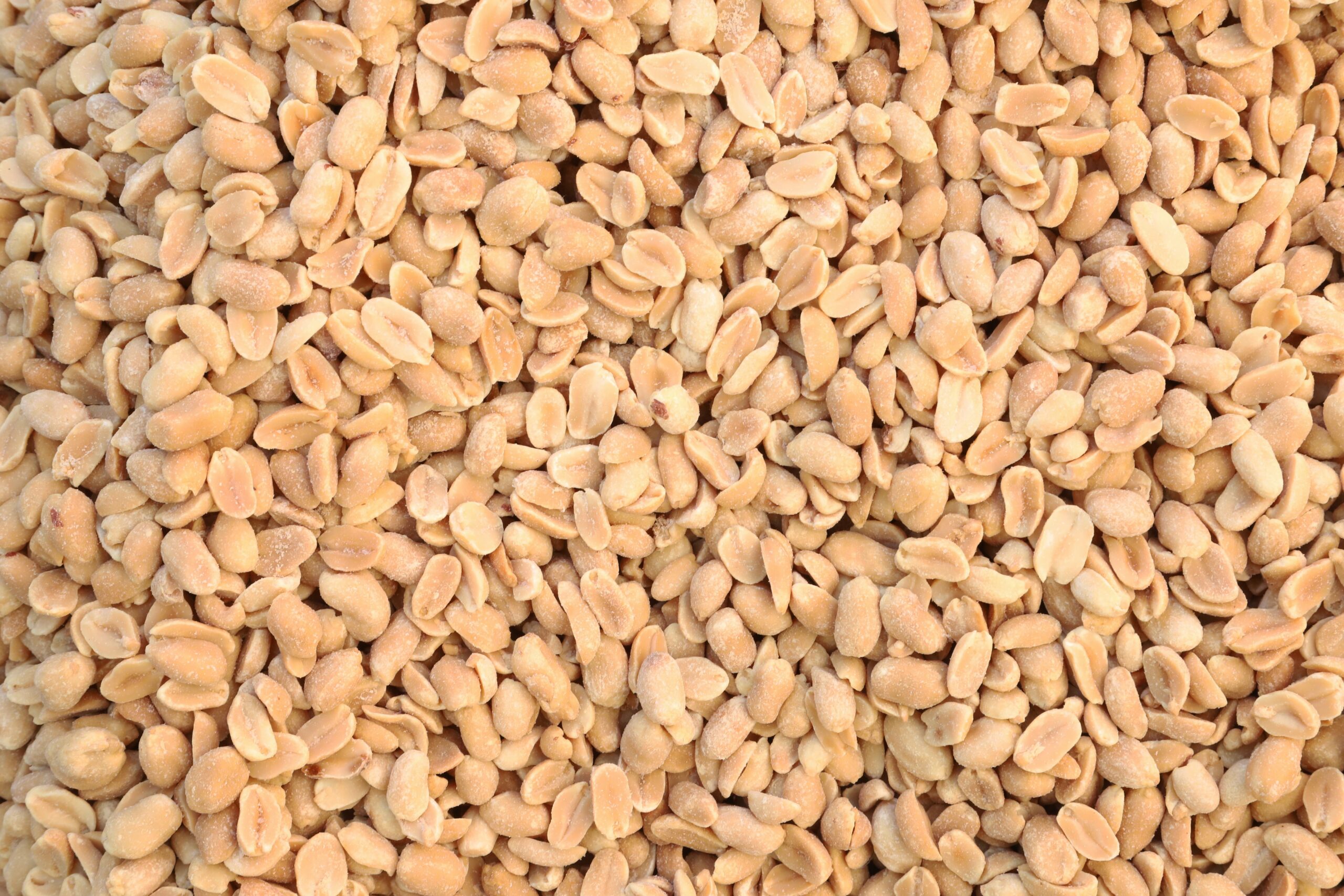"Eating peanut benefits"

The positive outcomes and advantages associated with the regular consumption of peanuts as part of a balanced diet. Peanuts offer a wide range of nutritional elements that contribute to overall health and well-being. Here's a description highlighting the benefits of incorporating peanuts into your daily diet:
Indulging in the habit of eating peanuts comes with a multitude of health advantages. These small but mighty legumes are packed with essential nutrients, making them a valuable addition to any diet.
- One prominent benefit is their positive impact on heart health. Peanuts contain monounsaturated and polyunsaturated fats that can help lower levels of bad cholesterol, reducing the risk of cardiovascular diseases. Additionally, the presence of antioxidants, such as resveratrol, contributes to protecting the heart by combating inflammation and oxidative stress.
- 10 Potential benefits of eating peanuts every day:
- Rich in Nutrients: Peanuts are a good source of essential nutrients, including protein, fiber, healthy fats, vitamins (such as B vitamins), and minerals (like magnesium and phosphorus).
- Heart Health: The monounsaturated and polyunsaturated fats in peanuts may help improve heart health by lowering bad cholesterol levels and reducing the risk of cardiovascular diseases.
- Weight Management: Despite being calorie-dense, peanuts can be a satisfying and filling snack, potentially aiding in weight management by curbing hunger and preventing overeating.
- Antioxidant Properties: Peanuts contain antioxidants, such as resveratrol, which may help protect cells from damage caused by free radicals and inflammation.
- Blood Sugar Regulation: The combination of protein, fiber, and healthy fats in peanuts may contribute to stable blood sugar levels, making them a suitable choice for individuals with diabetes.
- Brain Health: Peanuts contain nutrients like folate and niacin that play a role in brain function. Additionally, resveratrol may have neuroprotective effects.
- Energy Boost: The combination of protein, healthy fats, and carbohydrates in peanuts provides a sustained energy release, making them a good snack option for maintaining energy levels throughout the day.
- Digestive Health: The fiber content in peanuts supports a healthy digestive system by promoting regular bowel movements and preventing constipation.
- Muscle Health: The protein content in peanuts contributes to muscle health, making them a convenient and plant-based source of protein for those who follow vegetarian or vegan diets.
- Bone Health: Peanuts contain minerals like magnesium and phosphorus, which are essential for maintaining strong and healthy bones.
Peanuts also play a crucial role in stabilizing blood sugar levels. The fiber content aids in slowing down the absorption of glucose, making them a suitable option for individuals with diabetes.
Furthermore, the nutritional profile of peanuts contributes to overall well-being. They are rich in proteins, healthy fats, vitamins (such as B vitamins), and minerals (including magnesium and phosphorus). These nutrients support various bodily functions, from muscle health to bone strength.
"Discover the transformative power of embracing a healthier lifestyle through our latest blog. From nutritious recipes to wellness tips, we've got your journey to well-being covered." Article content source : News paper, Books and other websites
